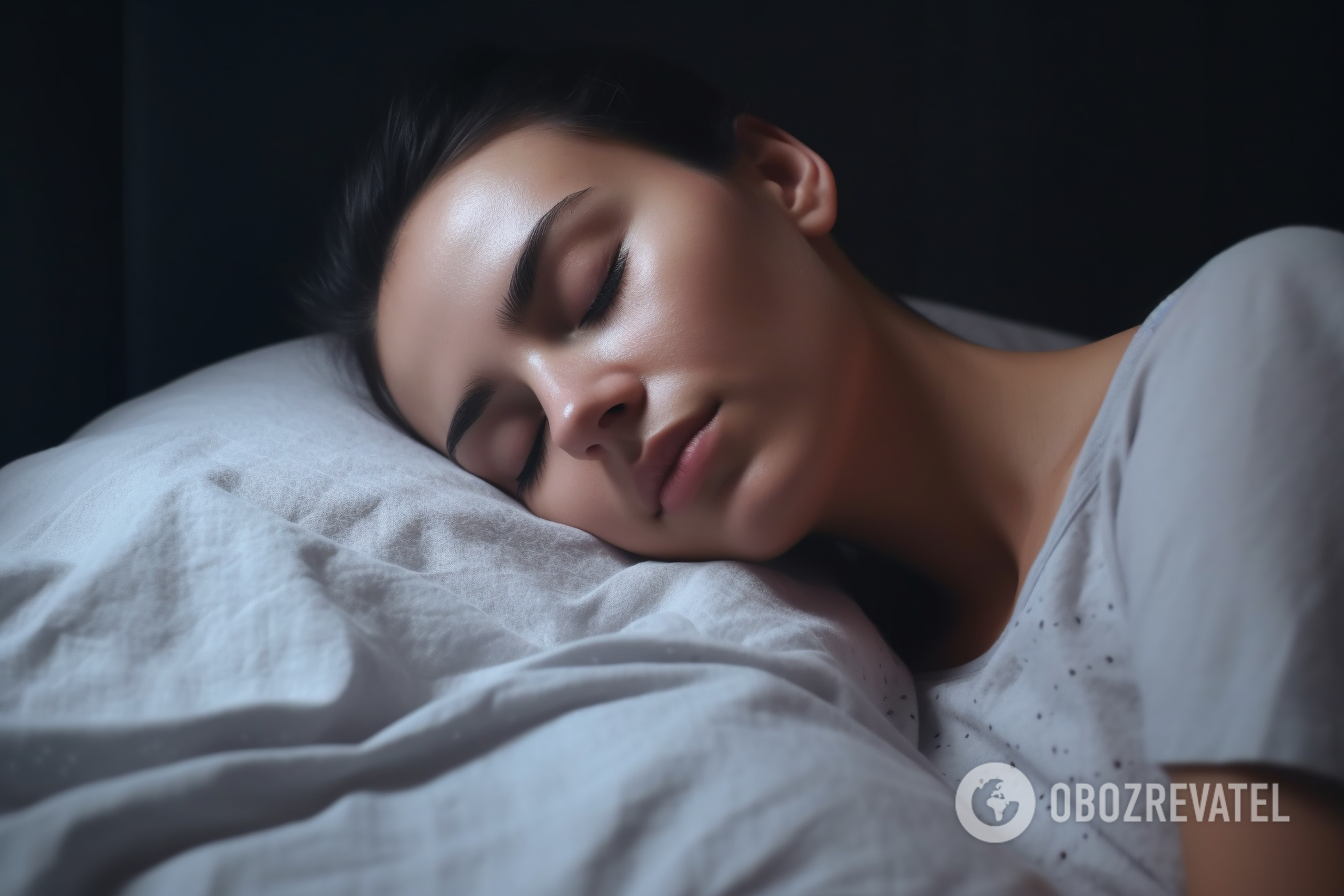Life
The best sleeping position has been named: you'll rest 100%
Probably, each of us knows that feeling when you wake up in the morning after a full 8 hours of sleep, but you don't feel deeply rested. The reason for this may be a sleeping position that causes back pain, snoring, or other problems that, although they don't wake you up completely, don't allow you to get a good night's sleep. Scientists say that these difficulties can often be overcome by simply changing your posture.
To determine the optimal posture, BBC Future reviewed several studies on the subject. It turned out that researchers used various methods to assess a person's sleeping posture. For example, they were filmed on a video camera or wore motion-tracking devices. Thus, scientists from Hong Kong developed a device that, based on infrared radiation, could detect a person's posture even through a thick blanket.
Their colleagues from Denmark, who used small motion sensors attached to the hips, upper back, and shoulders of volunteers, found that people spend more than half of their time in bed lying on their side. About 38% of the time is spent on the back, and 7% on the stomach. They also found that people spend more time on their side as they get older. Thus, children aged three and slightly older spend about the same amount of time in all three positions. But babies sleep on their backs almost all the time. This is because they are placed in the crib in this way for safety reasons.
Another pattern revealed by the research is that sleeping on the right side is better than sleeping on the left. Participants who preferred this position had slightly better sleep quality.
In another small study, researchers examined how seafarers sleep on commercial container ships, where cabin space is very limited. It turned out that respiratory disorders, such as snoring, were more common when sailors slept on their backs. This aligns with the general idea that sleeping on your back can induce snoring and even apnea, or sleep apnea.
At the same time, it turned out that lying on your side helps to clear the upper airways and prevents the tongue in the back of the throat from falling back, reducing the manifestations of snoring. In some cases, changing the sleeping position from the back to the side completely resolved the issue of sleep apnea.
Some studies have also indicated that sleeping on your side can reduce back pain. People who slept in this manner and used a good pillow were less likely to complain of neck pain than those who slept on their backs.
However, researchers are not rushing to recommend side sleeping to everyone. Whether it will help you depends on your condition and the precise position you adopt during sleep. For example, scientists from Western Australia found that a side sleeping position where the hips are not parallel and the spine is twisted was less comfortable. People who slept in a more upright position reported less neck pain. It is important to note that the design of this study could not determine whether it was the twisted position that caused the pain or if people slept this way because it was the only comfortable position for them due to their neck pain.
Meanwhile, scientists from Portugal conducted a study on elderly people to examine how changing the sleeping position can affect a person's overall condition. People with back pain were advised to sleep on their side, while those with neck pain were recommended to try sleeping on their back. After four weeks, 90% of the participants reported decreased pain. However, this study involved only 20 people, which is not sufficient to draw reliable conclusions.
Another condition that can be affected by sleeping position is heartburn. Those who suffer from this condition are advised to sleep more on their left side. Although there is no exact explanation for this yet, doctors suggest that sleeping on the left side keeps the point where the esophagus meets the stomach higher than the level of stomach acid, preventing it from being released into the esophagus and causing a burning sensation. Sleeping on your right side, however, may relax the lower esophageal sphincter, allowing acid to escape into the upper esophagus.
As for sleeping on your stomach, some researchers have found that this position may be associated with jaw pain. Additionally, it can cause overstretching of facial muscles, leading to faster wrinkle formation.
In general, researchers advise those who wake up feeling uncomfortable to keep a diary and record which position felt best. But do not obsess too much about sleeping positions, as this can lead to difficulties falling asleep, an undesirable side effect of trying to improve your sleep quality.
Earlier, OBOZREVATEL talked about ways to fall asleep even if you are haunted by anxiety.
Subscribe to OBOZREVATEL's Telegram and Viber channels to keep up with the latest developments.




























